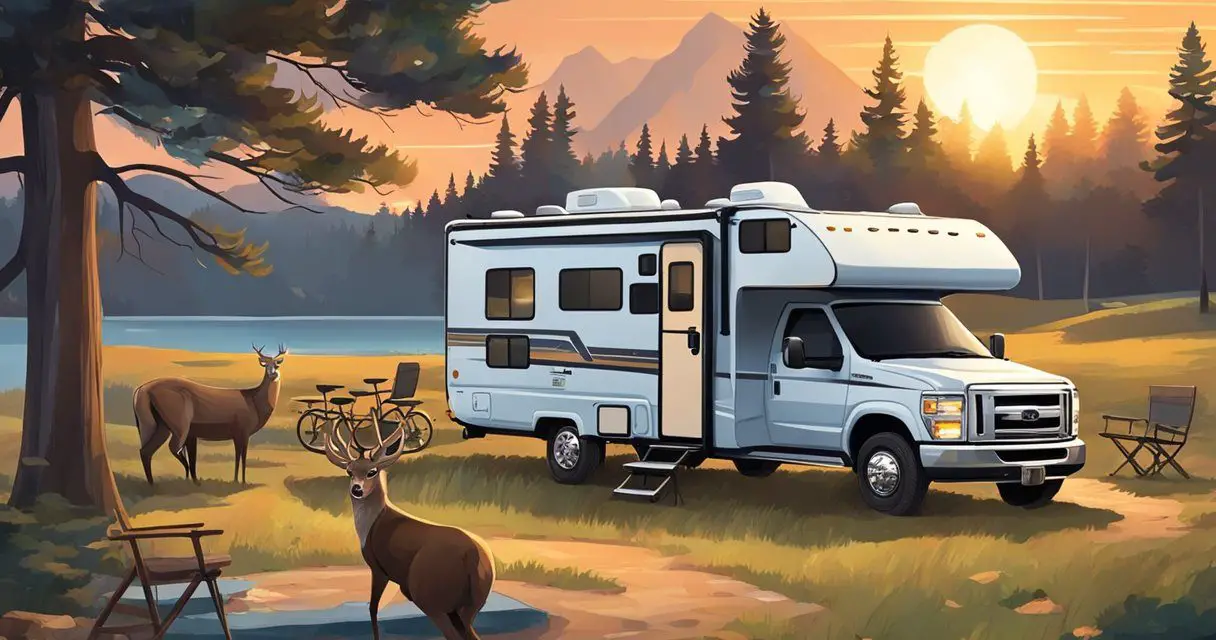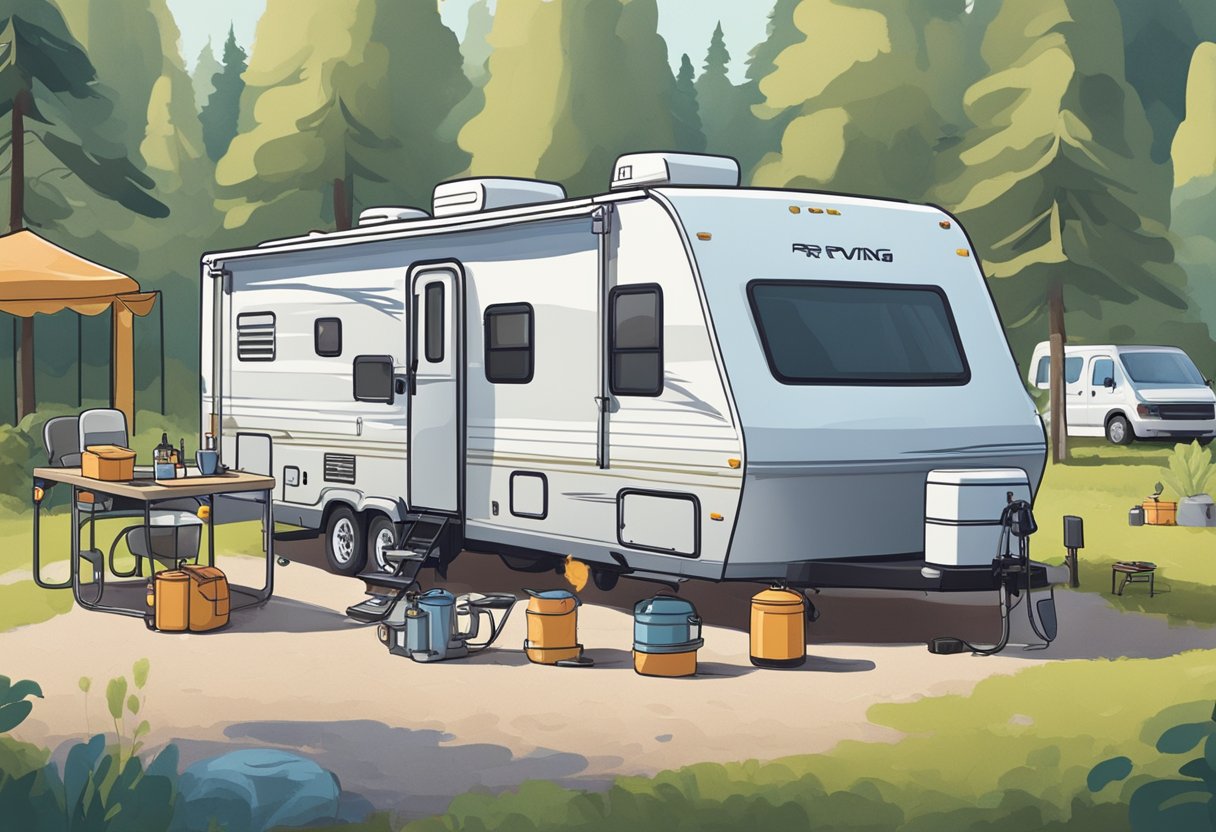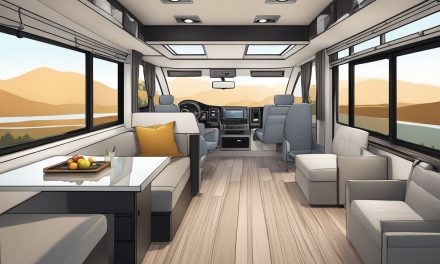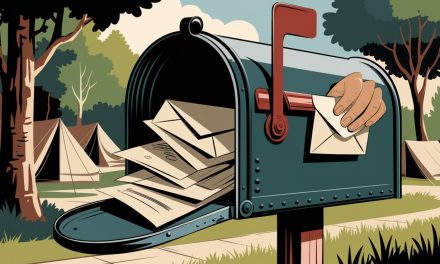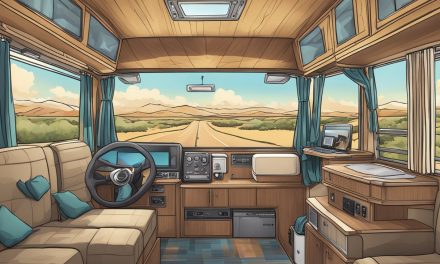Would you like to save this article?
Thinking about hitting the road and living the RV lifestyle? It sounds exciting and can be a great way to see new places. Still, it’s important to consider if it’s really going to save you money in the long run.
Hidden expenses can sneak up on you when you own an RV, making it not as cheap as you might expect. From maintenance to campgrounds, costs add up quickly. Understanding what you’re getting into will help you decide if RVing is the best choice for your budget.
1) Gas consumption costs can skyrocket quickly
When you’re on the road with an RV, one of the biggest expenses you might face is gas. RVs often guzzle a lot more fuel than regular cars. This means you’ll be stopping at the pump more often.
Gas prices can change a lot depending on where you are. Sometimes, a quick trip can cost more than you planned. It’s important to keep an eye on those costs.
If you travel long distances or head to remote places, these costs really add up. Even parking in one spot for a while can help save money because you’re not using up fuel. So, choosing routes wisely and planning stops can help manage these expenses better.
2) Campground fees aren’t always cheap
When planning your RV adventures, keep in mind that campground fees can be a big part of your expenses. Many campgrounds charge nightly fees, which can add up quickly during long trips. The prices can range pretty widely, from $35 at simpler places to over $100 at fancier RV resorts.
You’ll find that some campgrounds may have extra charges that might surprise you. For instance, they might charge more for certain sites or add fees for things like extra vehicles or guests. It’s good to check the details before you book a spot to avoid unexpected costs.
If you’re traveling with kids, some places might have a “kid tax” or higher rates for families. This is another thing to consider when budgeting for your stay. So, while hitting the open road in your RV can be exciting, keeping an eye on these fees can help you manage your travel budget better.
3) Regular maintenance is crucial and pricey
When you own an RV, keeping up with maintenance is super important. It can help prevent bigger problems down the road. Think of it like going to the dentist for a check-up. You don’t wait until you have a toothache, right?
Regular maintenance includes things like checking the engine, brakes, and tires. Don’t forget the plumbing and electrical systems, too. It’s like taking care of a small house on wheels. Each of these tasks adds up over time, though.
Plan on spending around $1,000 a year just for basic upkeep. This might not even cover unexpected repairs. Costs can vary based on the age and condition of your RV. The older your RV, the more you might need to shell out to keep it running smoothly. Therefore, it’s smart to set aside some money for this stuff regularly.
4) Propane expenses add up over time
When living in an RV, propane is a common source of energy. You use it for cooking, heating, and even your refrigerator. While each use might seem small, the cost can add up over time. It’s important to pay attention to how much you’re using.
Propane prices can change. They might go up in winter when more people need heating. If you’re traveling, prices vary by location, so it helps to plan where you’ll fill up. Choosing a place with cheaper prices can save you money.
It’s easy to forget how much you’re spending on propane until you see how often you’re refilling your tank. This can surprise you if you’re not keeping track. Consider monitoring your usage more closely. Use your appliances wisely and find other ways to keep warm to help manage costs.
5) Unexpected repair costs are often significant
So this is different from the regular maintenance costs. Although you might budget for regular maintenance, sudden issues can still surprise you.
When you’re living the RV lifestyle, unexpected repair costs can really add up.
RV systems can break down over time, leading to hefty repair bills. You might need to fix appliances, plumbing, or electrical systems. Even a small leak can quickly turn into a big problem.
Setting aside a bit of extra money each month can help you handle these repairs without stress. You might want to save at least $300 monthly for unexpected issues. Investing in these precautions can save you headaches later on.
Don’t forget, the age and condition of your RV play a big part in how often repairs are needed. Older models tend to need more frequent attention. Keep this in mind when planning your budget!

